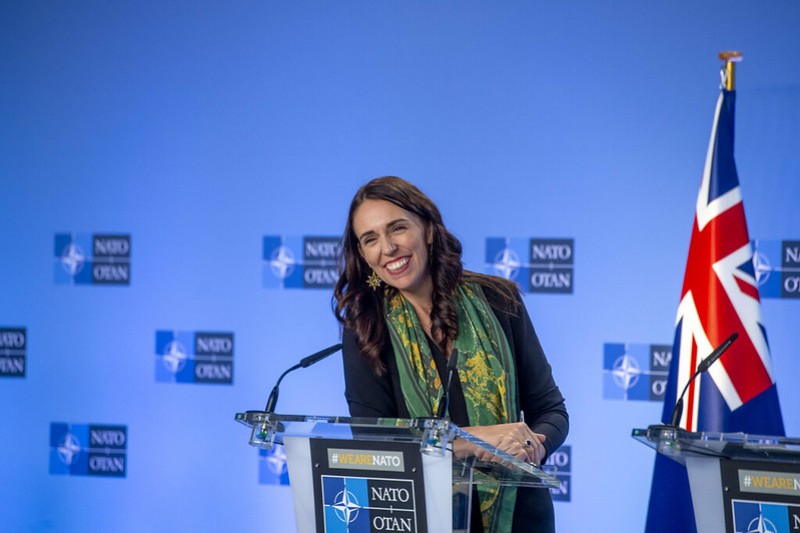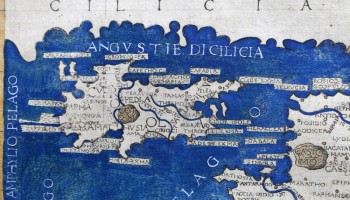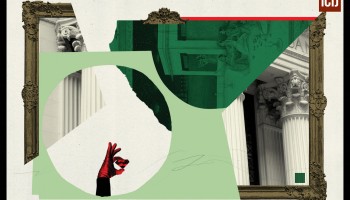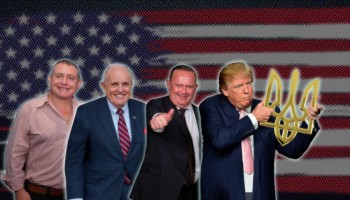New Zealand couldn’t do much more, according to Ardern. It didn’t have the legal framework to impose more far-reaching sanctions.
By contrast, the European Union, U.S., United Kingdom (U.K.) and Germany have imposed stronger sanctions on authorities, the Central Bank of Russia and the energy sector, in addition to billionaires connected to the Kremlin.
On Monday, Ardern said that New Zealand’s government is preparing legislation that will allow it to impose tougher and more targeted sanctions on individuals and entities.
“A bill of this nature has never been brought before our Parliament,” Ardern said.
In addition to the travel bans, New Zealand has prohibited arms exports and suspended bilateral foreign ministry consultations with Russia.
Ardern agrees with western world leaders that the invasion of Ukraine was intended by the Kremlin for years, following the U.S.’s argument that “Putin has chosen a premeditated war,” as U.S. President Joe Biden said.
The New Zealand sanctions under the new bill will allow officials to freeze Russian assets; prevent people and companies from moving their money and assets there to escape measures imposed by their allies and partners; and to stop superyachts, ships and planes from entering New Zealand’s waters or airspace.
European countries have already seized some of the sanctioned Russian oligarchs’ super yachts. French authorities last week confiscated a US$ 120 million vessel belonging to Igor Sechin, a former Russian politician and current CEO of Rosneft, one of the world’s largest publicly traded oil companies.
A day later, Italian police seized a yacht owned by Alexei Mordashov, who was said to be the richest man in Russia before being blacklisted by the European Union following the attacks on Ukraine, OCCRP reported.
In addition to economic sanctions and closing airspace to Russian planes, the U.K. said Friday it will speed the application of sanctions to crack down on corrupt elites and amplify pressure on Putin’s regime.
Boris Johnson, the U.K.’s prime minister, said his country “has led the way with the toughest package of sanctions against Putin’s regime.” It allegedly will allow the British government to coordinate more rapidly with the individual sanctions imposed by their allies and partners.
The U.K. move is meant to make life more difficult for those seeking to conceal wealth, particularly people from overseas, including criminals and those who might be seeking to shelter dirty money there, The Guardian reported. Nearly 30,000 properties in England and Wales, including mansions owned by the Russian elite, are registered to companies and individuals in tax havens.
Russia is reportedly under increasing economic stress as sanctions and financial setbacks continue, with the ruble hitting a new record low of 150 ruble per US Dollar.
Putin has said that the Western sanctions are akin to a declaration of war.
In addition, a Russian deputy prime minister said Monday, “We have every right to take a matching decision and impose an embargo on gas pumping through the Nord Stream 1 gas pipeline,” BBC reported. The pipeline provides more than a third of Germany’s annual gas needs.
Despite the recent sharp increase in the price of Brent crude oil, the White House said yesterday that the U.S. has banned Russian oil and coal imports to reduce dependence on Russian energy and keep the pressure mounting on Putin’s regime.






